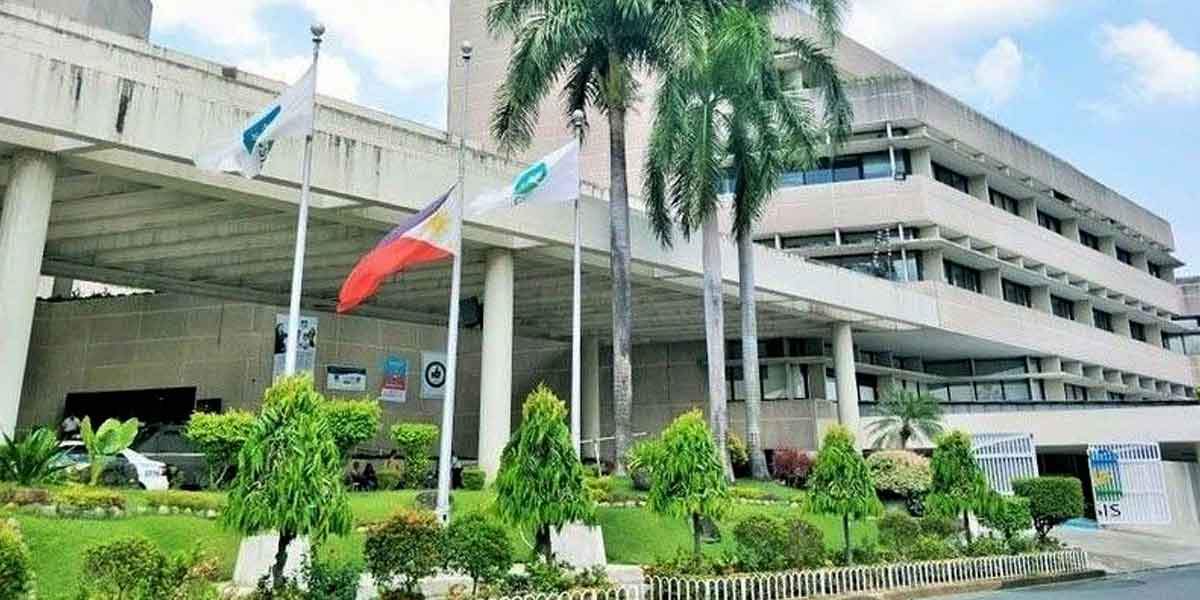By Atty. Eduardo T. Reyes III
Although they are not mutually exclusive as preservation and conservation of a heritage site could be stipulated upon in a contract for privatization, nonetheless, when ownership of public property is conveyed in favor of private persons or entities, there is really no guarantee.
The recent controversy on the reported demolition of the eight decade-old façade of the Iloilo Central Market, brought to fore the debate on whether to privatize heritage sites or not. The façade was declared as a Cultural Tourism Heritage Zone in 2013 and a Historic Center pursuant to National Historical Commission of the Philippines (NHCP) Resolution No. 3, Series of 2014.
The NHCP’s authority is undergirded by RA 10066 or the National Cultural Heritage Act of 2009 which is a law that seeks to protect and conserve our national cultural heritage.
How important is it to preserve and conserve our national cultural heritage?
In Manila Prince Hotel v. GSIS, G.R. No. 122156, February 3, 1997, where the potential sale of the Manila Prince Hotel to a foreign company figured in prominence, but since the hotel had been in existence since WWII or for more than 80 years, and powerful heads of states were billeted there, the Supreme Court held that it should remain with a Philippine company which must be allowed to match the bid of the foreign company, because Manila Prince Hotel has “bore mute witness to the triumphs and failures, the loves and frustrations, of the Filipinos,” and thus has formed part of our national heritage.
Pitting “privatization” with “nationalism,” the Supreme Court explained that:
“Privatization of a business asset for purposes of enhancing its business viability and preventing further losses, regardless of the character of the asset, should not take precedence over non-material values. A commercial, nay even a budgetary, objective should not be pursued at the expense of national pride and dignity. For the Constitution enshrines higher and nobler non-material values. Indeed, the Court will always defer to the Constitution in the proper governance of a free society; after all, there is nothing so sacrosanct in any economic policy as to draw itself beyond judicial review when the Constitution is involved. (Manila Prince Hotel v. GSIS, Ibid.)
Nationalism is inherent, in the very concept of the Philippines being a democratic and republican state, with sovereignty residing in the Filipino people and from whom all government authority emanates. In nationalism, the happiness and welfare of the people must be the goal. The nation-state can have no higher purpose. Any interpretation of any constitutional provision must adhere to such basic concept. Protection of foreign investments, while laudable, is merely a policy. It cannot override the demands of nationalism.” (Manila Prince Hotel v. GSIS, Ibid.)
Indeed, there are things more valuable than financial investments in physically tangible structures. Preserving and conserving heritage sites and/or zones are not about getting stuck in the past. It is rather about being mindful of the veneers that still exist today that are reminders of how and what things were in the past.
Even in our personal relationships, oftentimes, we prefer “privatization,” “isolation,” and “distancing,” rather than “preserving” cohesion, unity and belongingness.
Truly, like our own fond memories that must be preserved, there is more to historical and cultural facades, than meets the eye.
(The author is the senior partner of ET Reyes III & Associates– a law firm based in Iloilo City. He is a litigation attorney, a law professor, MCLE lecturer, bar reviewer and a book author. His website is etriiilaw.com).





















